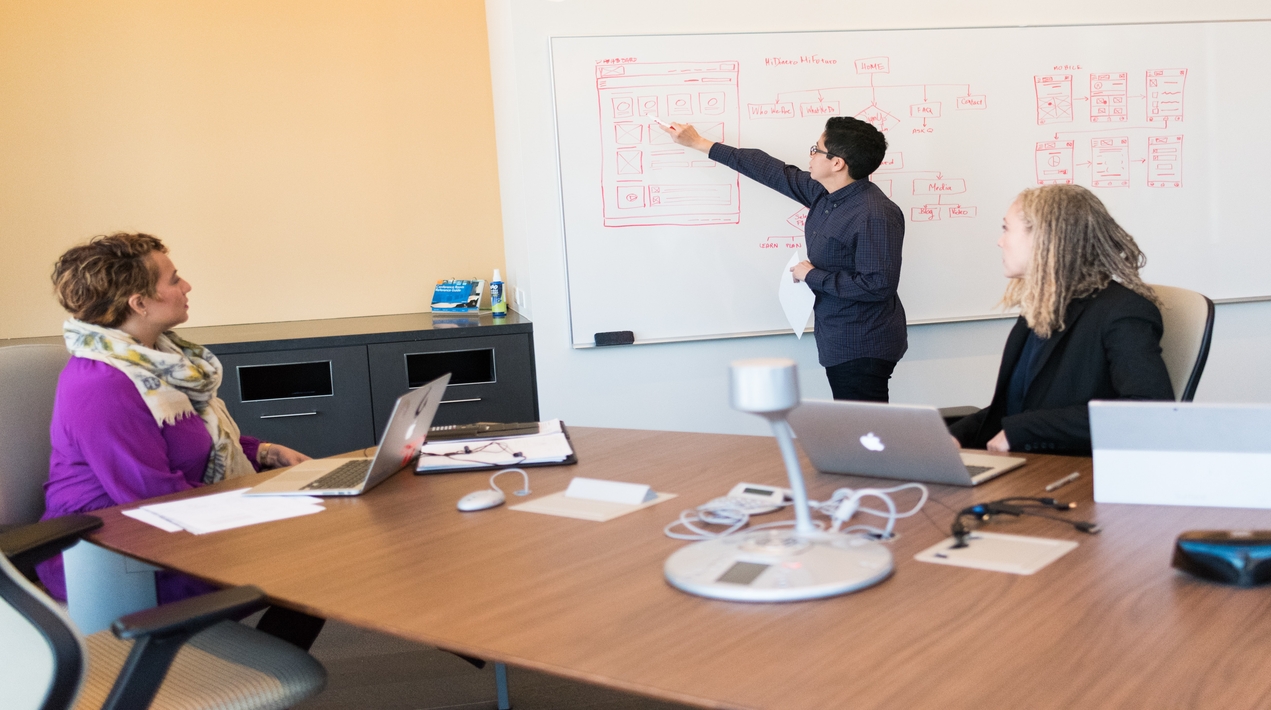
NSW’s Department of Customer Service is set to merge its two IT teams into one as part of a new IT functional model aimed at improving service delivery and collaboration throughout the cluster.
The planned restructure, which is currently out for consultation and is expected to be finalised by August, will combine the chief information office (CIO) and chief technology office (CTO) groups into a single IT entity. The announcement comes as the last remaining IT service line provided under the former GovConnect shared services arrangement with Unisys prepares to transition to DCS’ new ‘best of breed’ IT service model by July.
Twelve of the 13 service lines formerly provided by Unisys have already moved either in-house or are now being provided externally. It was revealed that an outsourcing strategy is the “primary driver” behind the planned restructure, with the existing CIO and CTO teams currently operating “largely independently”.
The CIO group focuses on the DCS cluster shared and business-specific ICT service and the CTO manages GovConnect services, those underpinning shared operational services, the 16-page restructure management plan (RMP) reads. Consisting of 333 staff internal and external staff at present, the CIO and CTO teams were created when DCS formed in 2019 to bring together IT staff from portfolio agencies such as Service NSW, Revenue NSW and the Better Regulation Division.
In merging the two teams into a “single contemporary ICT functional-based model”, DCS expects “unified ownership of service delivery and improved collaboration between teams”, as well as “greater clarity” for customers.
Prepping a future ‘ICT functional model’
DCS has proposed seven “future service lines” under the new structure, with six to be overseen by the chief information officer, a position that the documents reveal is currently vacant. The CIO will take charge of customer engagement; business engagement; portfolio management; digital delivery, innovation and architecture; service integration; and business services & operations.
The remaining service line will be overseen by a chief information security officer, though like the CIO, this role is also currently vacant; the department went looking for a new CISO to take over an “expanded” set of responsibilities last month.
The restructure management plan shows that despite the “variation within key service lines”, particularly the “outsourcing of infrastructure, branch network and desktop operations, the total number of DCS IT staff will increase marginally from 333 to 339.
The service desk team will also undergo a “redistribution”, with 23 existing “day workers” to be reclassified as “non-continuous shift workers only to align with business and customer requirements”.
Documents reveal additional security and project-related roles will be created to “support a greater security posture” and “increase the in-house capability to run programs”, though the number of positions is not disclosed.
DCS believes these additional resources will “ensure [the department is] better able to prevent and recover from cyber incidents” and “reduce reliance on contingent labour, retain knowledge and create development opportunities and career pathways”.
New roles are also promised for “application testing, quality assurance, architecture and digital innovation” and to “enhance… commercial management capability”, while development and architecture roles will be “revised”.
While DCS has previously indicated that moving to a blend of outsourcing and insourcing would result in the creation of 150 in-house roles, the restructure management plan does not appear to show such a large addition.
The NSW DCS says it is now investing in governance, in-house IT ability and the state’s cyber-security. It absolutely should do this. However, this must go further and bring all IT functions in-house, so that we can have control over the function and private data of people in NSW.
















